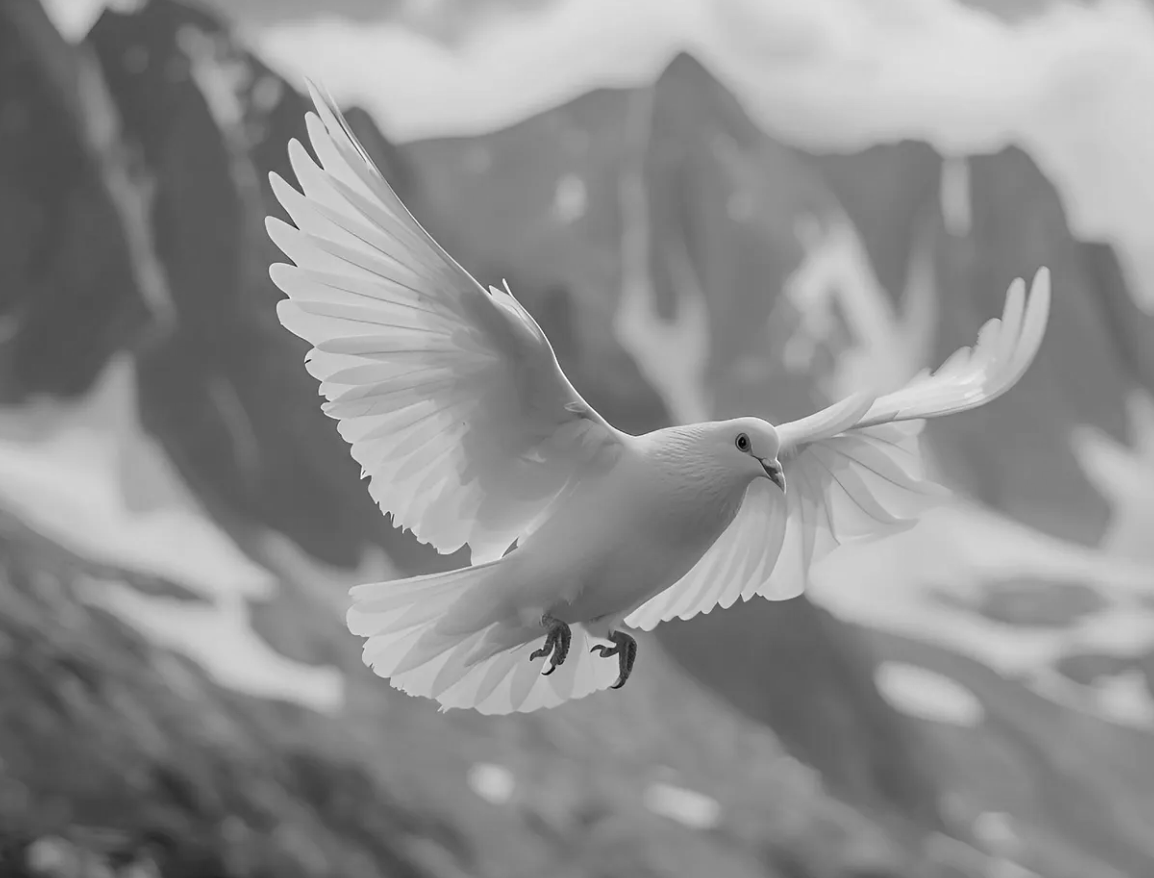Content:

Why Anchored Hope is Not The Thing With Feathers
Your Time Starts Now
07/28/2025
Authoritarianism is not a storm that passes, but a system that presses in. It isolates, erodes trust, and disorients. It’s designed to make us doubt what’s real, question our own power, and give up on each other. In that kind of context, hope can’t be a bird that flutters in and lifts our spirits — that version will not survive.
Waiting to be visited by hope leaves us vulnerable to despair, apathy, or paralysis. It suggests hope is fragile — and thus, if it breaks, we break with it.
Authoritarianism thrives when we stop believing our actions matter — when we wait for the right mood to strike before we resist. Thinking of hope as something that visits — like inspiration, like luck — encourages exactly that. It teaches us to look inward for the feeling, instead of outward for the connection, the signal, or the next right step.
So I ask you to consider this: what if hope is not something we wait for? What if it’s something we build — together, deliberately, even when we don’t feel it?
The kind of hope that doesn’t have wings, but roots to hold weight. That stands its ground through the fiercest of storms. Not something light enough to escape, but something strong enough to endure.
In times like these, we should not think of hope as a feeling. We should not even think of hope as a noun. Hope — for us — needs to be a verb. An action. A discipline. A deliberate orientation. Only then can hope as a feeling endure.
*****
When we despair, it is because we no longer allow ourselves even the act of hoping. We turn away — not only from what could happen, but from our own longing, and the people who hold that longing with us. That action — that turning away — often leads to isolation, and despair feeds on that.
That’s why anchored hope is an act of strength, not naivety. It’s an active orientation toward that which we value.
Anchored hope does not deny that pain and difficulty are likely. It doesn’t pretend the odds are good, and it certainly doesn’t guarantee arrival. But it gently draws us in the direction of what we hold dear even when the way seems blocked or unclear. It says: Even if I don’t know how or when, I am still moving towards this. Still reaching. And that reaching towards what we value — justice, healing, connection, safety, truth — is what keeps us human. It’s what stops us from becoming numb, or cruel, or lost.
In that way, anchored hope becomes our compass. It doesn’t give us a map, but it gives us orientation. When everything feels uncertain or overwhelming, it reminds us what direction to face — again and again.